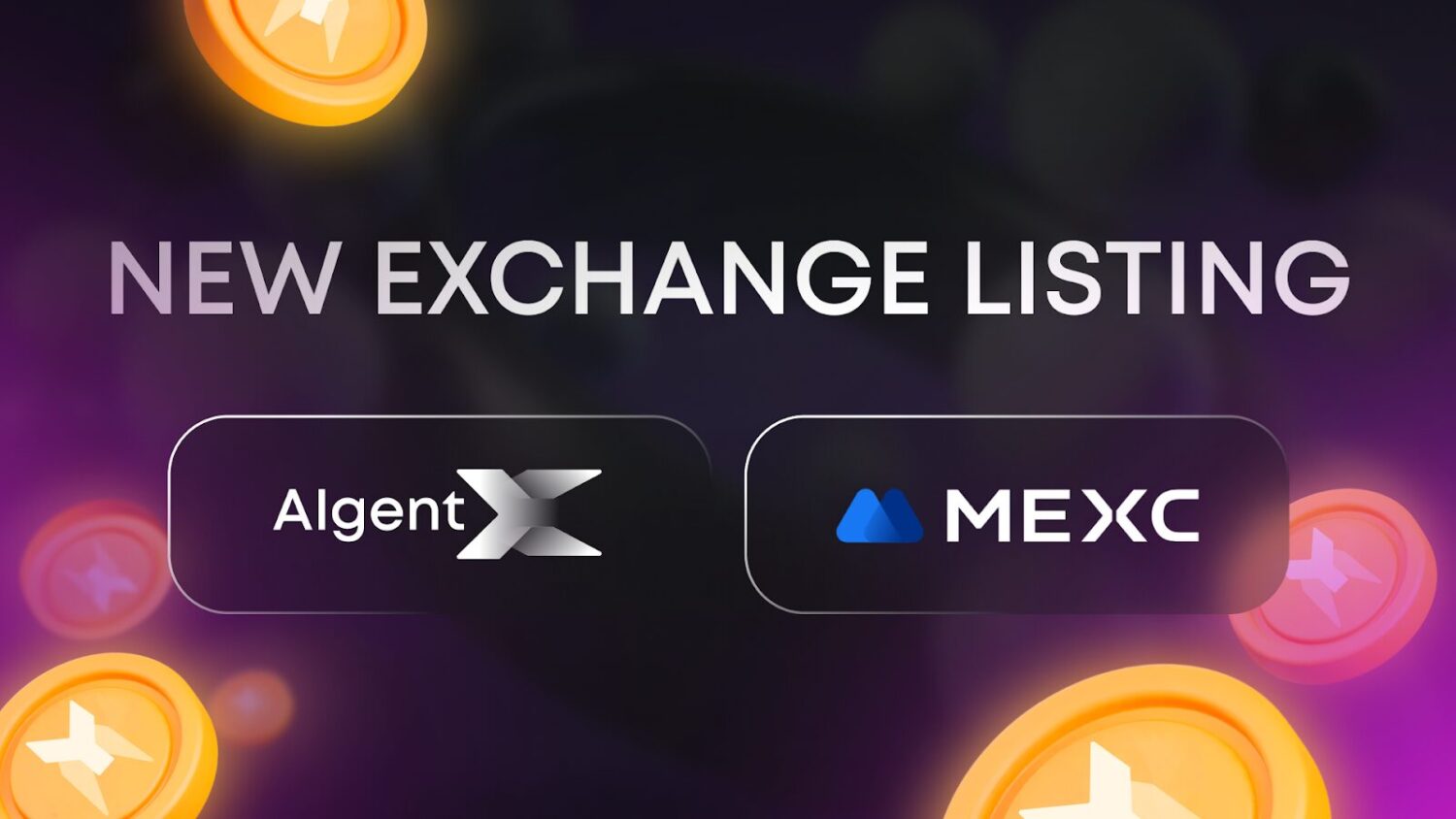
$AIX Token Set To Launch On MEXC as $AIGENTX On March 26th, 2024
[March 22, 2024]—AIgentX, a revolutionary AI crypto project, is pleased to announce the forthcoming listing of its thriving token, $AIX, on MEXC on March 26, 2024, at 3 PM UTC. The ticker with which $AIX is lauching on MEXC is…
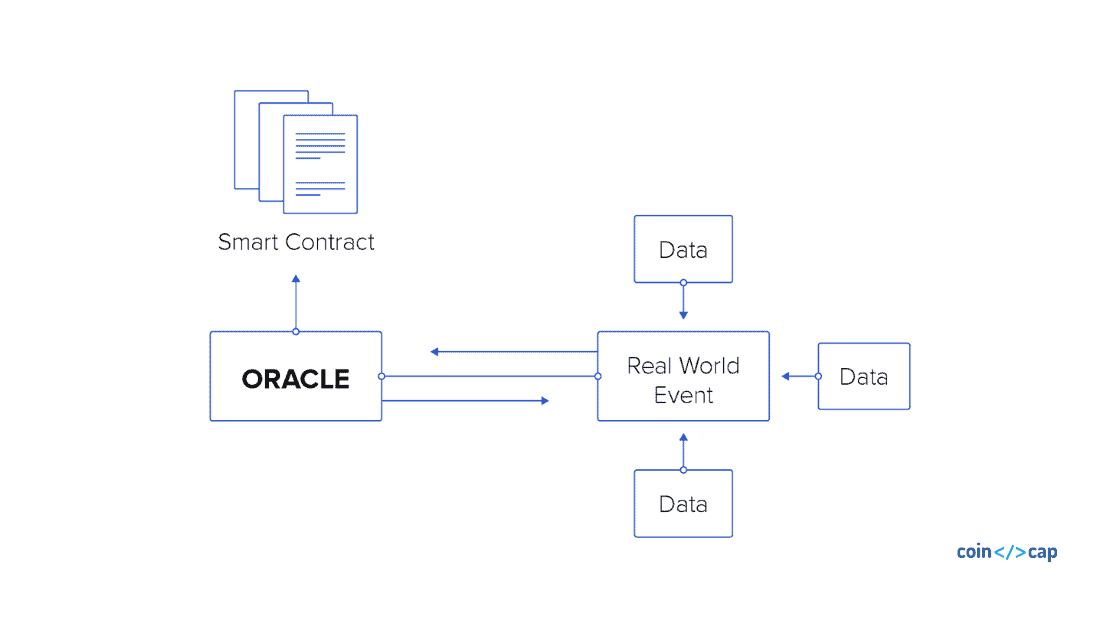
![How Ethereum Mining Works [An Overview] 3 How Ethereum Mining Works [An Overview]](https://coincodecap.com/wp-content/uploads/2020/03/how-to-ethereum-mining.png)
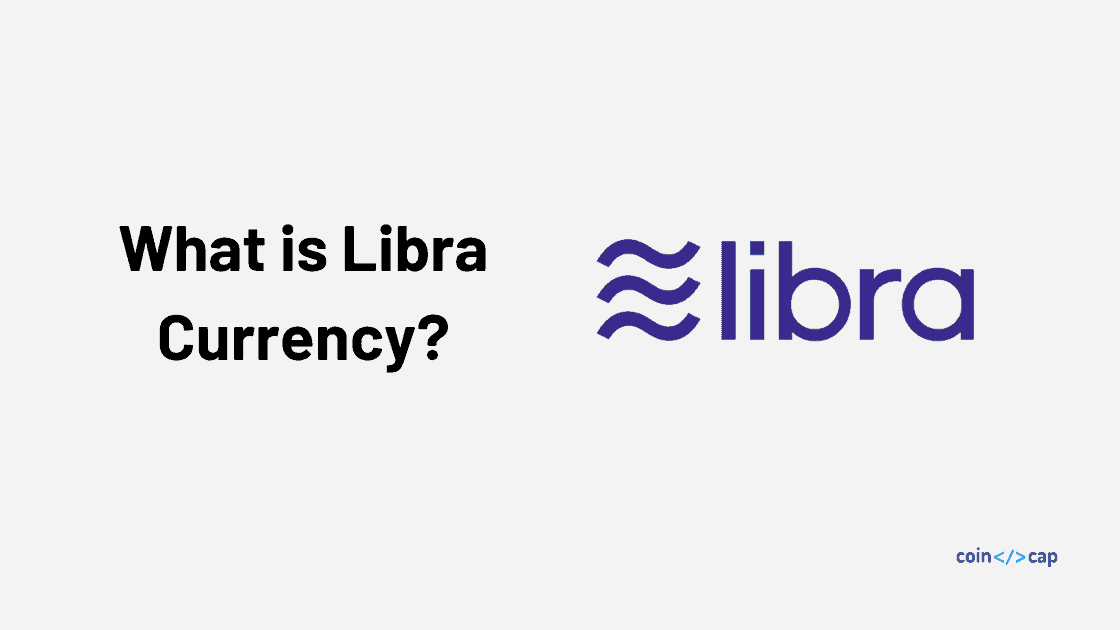
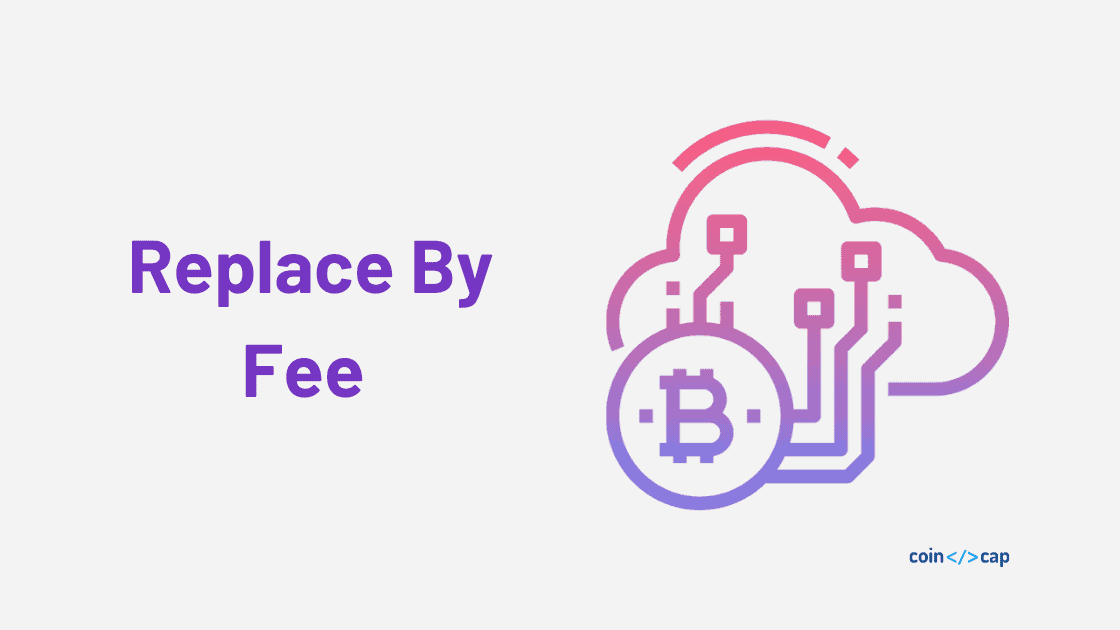
![Cryptocurrency Tax - 5 Questions You Need To Be Asking [Bitcoin Tax] 6 Cryptocurrency Taxes](https://coincodecap.com/wp-content/uploads/2020/03/tax-on-bitcoin.png)
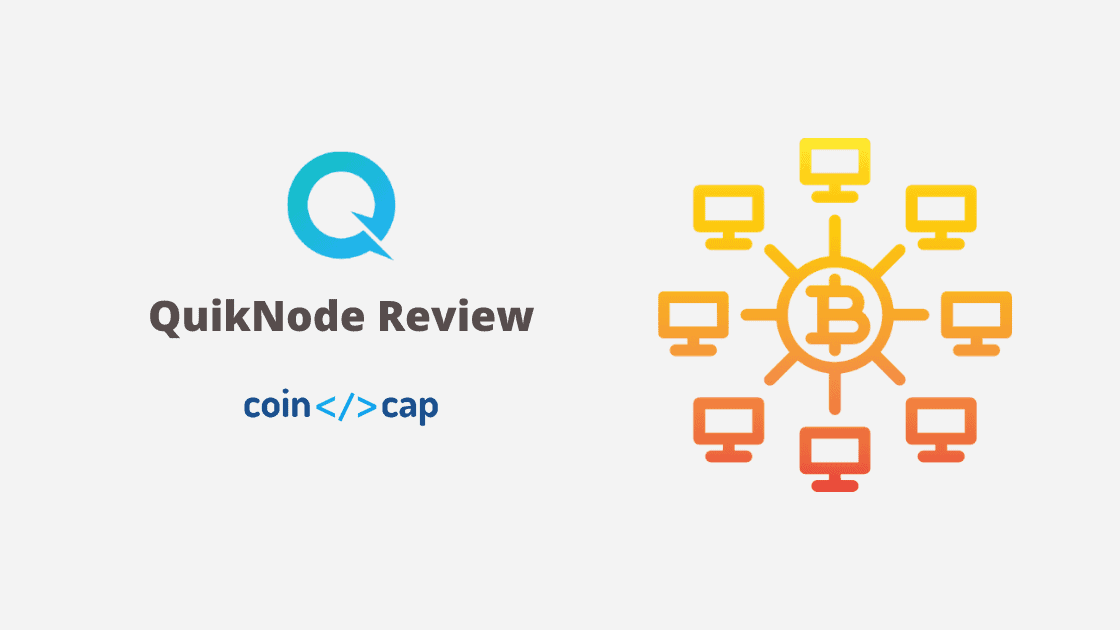
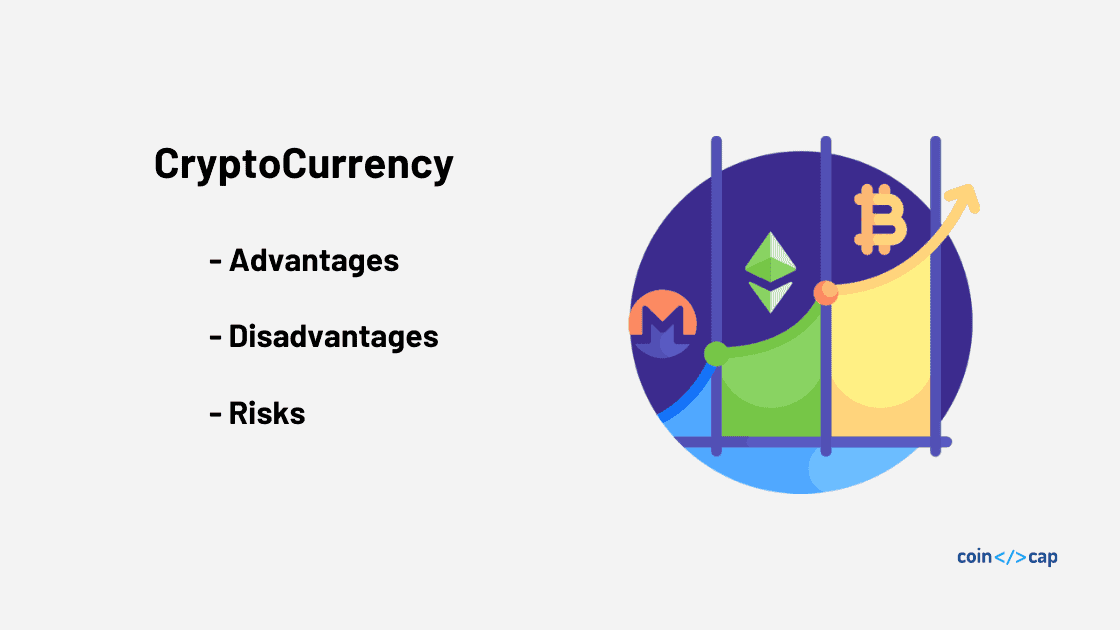
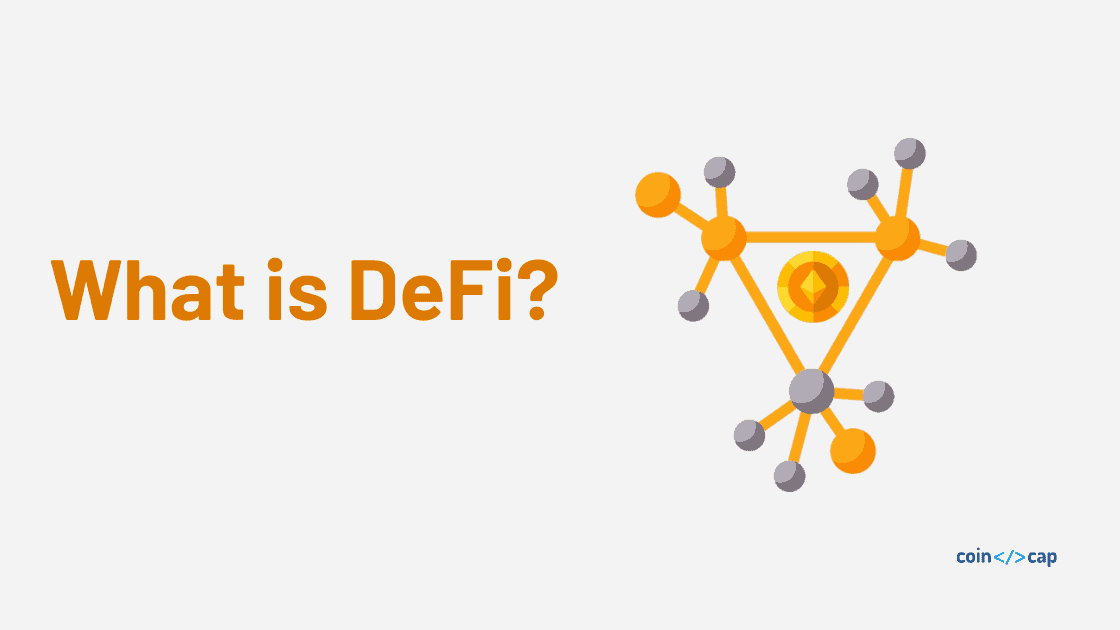
![How Bitcoin Mining Work? [Technical] 10 How Bitcoin Mining](https://coincodecap.com/wp-content/uploads/2020/03/How-Bitcoin-Mining-1.png)





